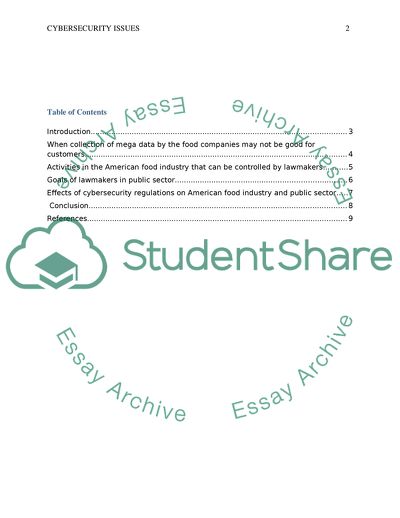Cite this document
(Public Sector Cybersecurity Issues Coursework Example | Topics and Well Written Essays - 1500 words, n.d.)
Public Sector Cybersecurity Issues Coursework Example | Topics and Well Written Essays - 1500 words. https://studentshare.org/information-technology/1815076-private-sector-public-sector-cybersecurity-issues
Public Sector Cybersecurity Issues Coursework Example | Topics and Well Written Essays - 1500 words. https://studentshare.org/information-technology/1815076-private-sector-public-sector-cybersecurity-issues
(Public Sector Cybersecurity Issues Coursework Example | Topics and Well Written Essays - 1500 Words)
Public Sector Cybersecurity Issues Coursework Example | Topics and Well Written Essays - 1500 Words. https://studentshare.org/information-technology/1815076-private-sector-public-sector-cybersecurity-issues.
Public Sector Cybersecurity Issues Coursework Example | Topics and Well Written Essays - 1500 Words. https://studentshare.org/information-technology/1815076-private-sector-public-sector-cybersecurity-issues.
“Public Sector Cybersecurity Issues Coursework Example | Topics and Well Written Essays - 1500 Words”. https://studentshare.org/information-technology/1815076-private-sector-public-sector-cybersecurity-issues.


